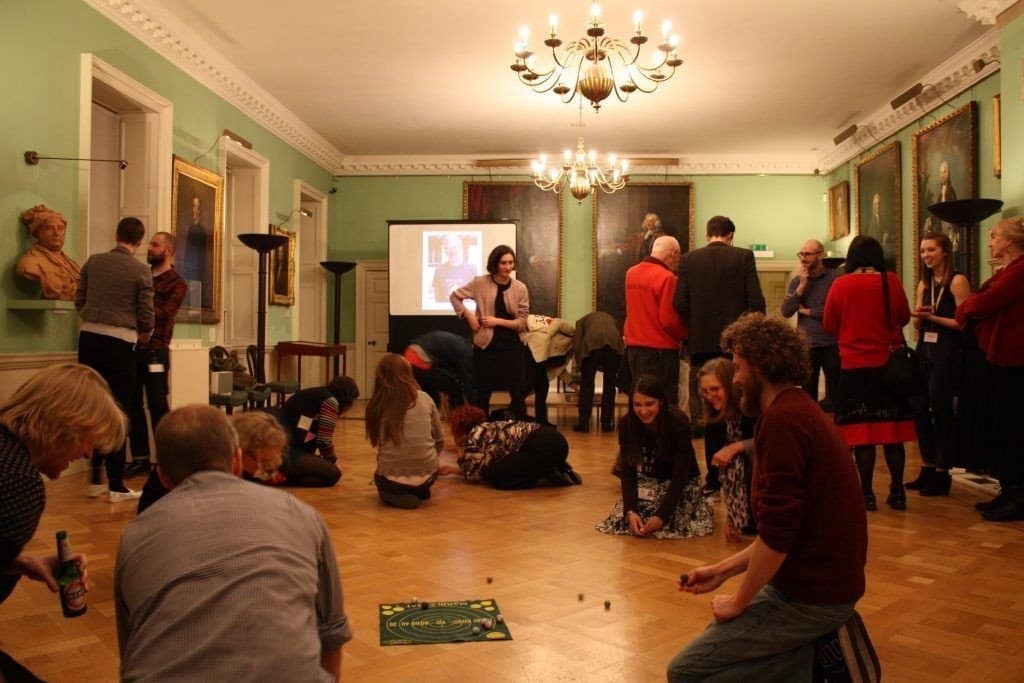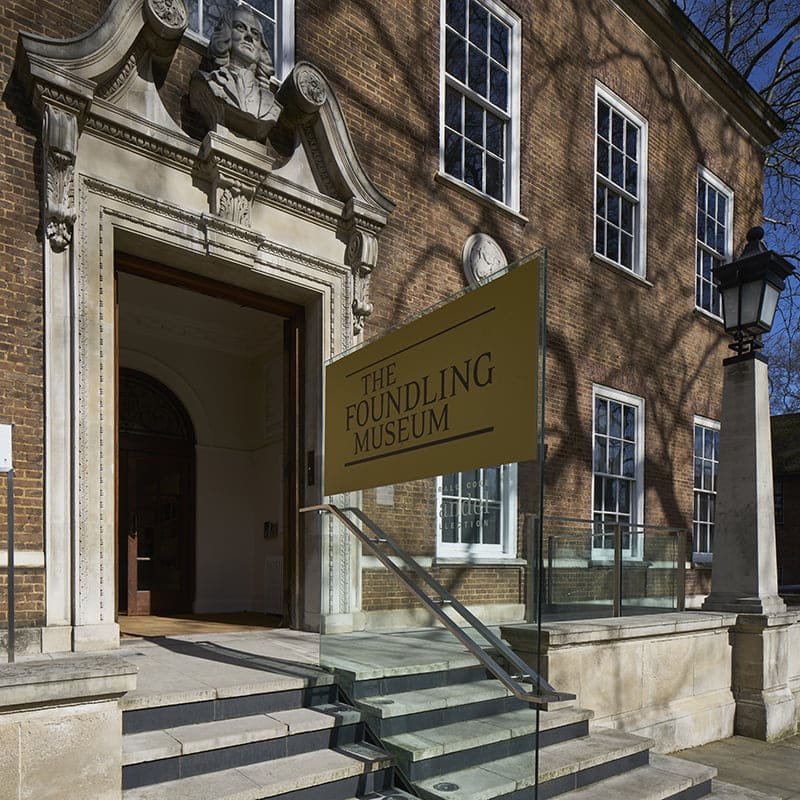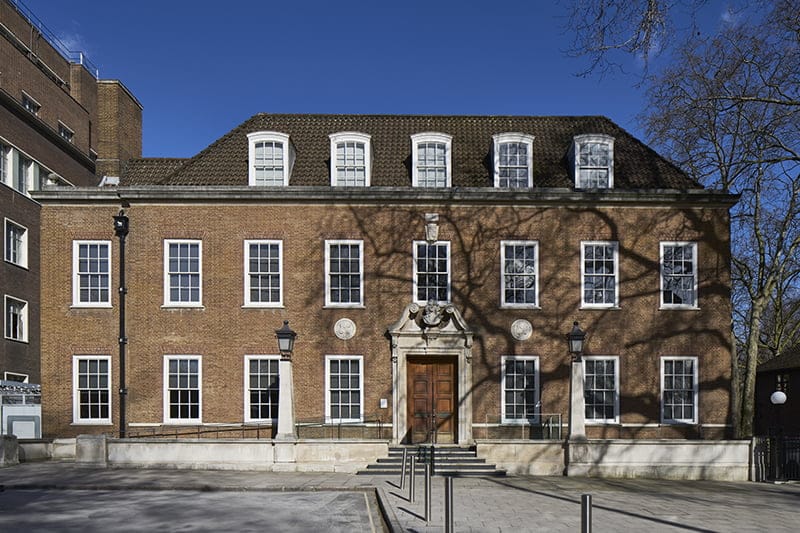Panel discussions on collaboration between contemporary visual artists and museums in the UK
The talks, held in June 2019, were particularly aimed at smaller museums looking to broaden access and think differently about their collections. The panel discussions were hosted by The Foundling Museum, our partner in a research residency from 2013 to 2015.



Museums have always been a source of inspiration and knowledge for artists. Recent research residencies by Artquest at the Foundling Museum, Horniman Museum, and Conway Hall Archive have shown us the benefits of an open-ended research driven approach. In turn, this has led to an increased appetite among artists for access to museum archives and their specialist curatorial staff.
These talks brought together artists and museum representatives in a series of panel discussions. They considered the mutual benefits and challenges to artist, institution and audience in such collaborations.
It led to our ongoing research interest around how artists practice can help with the work of structural decolonisation in museums.
This day-long series of panel discussions explored:
- The motivations that visual artists and museums have in working together
- Practical considerations around permitting physical access to collections
- Understanding the benefits to a range of audiences and visitors
- Making the case for to senior management and funders for supporting such programmes
Listen to all the panel discussions again above.
The panels included:
Panel 1: A Collections Perspective
Museum professionals from the Foundling and Horniman museums on the benefits of working with artists, and reflections on some of the practical issues of the relationship.
- Chair: Nick Kaplony, senior programme co-ordinator, Artquest
- Tim Corum, Horniman Museum and Gardens
- Alison Duke, Collections Manager, Foundling Museum
- Bethany Haynes, Senior Producer, Battersea Arts Centre
Panel 2: Artists’ Perspectives
A panel of artists who have worked with museums engaging with their collections through research residencies or similar projects. They talked on the benefits they gained, their motivations for working with museums, and their relationships with audiences during and after research.
- Chair: Caro Howell, Director, Foundling Museum
- Helena Hunter, artist, recipient of the Horniman Residency
- Tom Railton, artist and recipient of the Foundling Residency
- Clare Twomey, artist
Panel 3: Difficult material – navigating ethical challenges in collections
Artists research can raise challenging issues about collections, particularly around colonial-era artefacts or historic human remains. This panel discussion asked how these conversations between artist and institution can be best made productive for audiences, museums and artists.
- Chair: Dr Jane Wildgoose, artist and researcher
- Victoria Adukwei Bulley, artist, writer and film maker
- Abeera Kamran, artist and designer
- Dr Hannah Young, public engagement fellow, Victoria & Albert Museum
After the panel discussions, the audience were invited to view Hogarth & the Art of Noise and new work Nicola Bealing.
